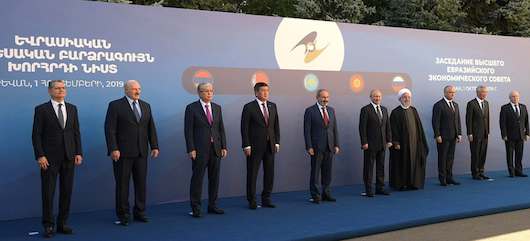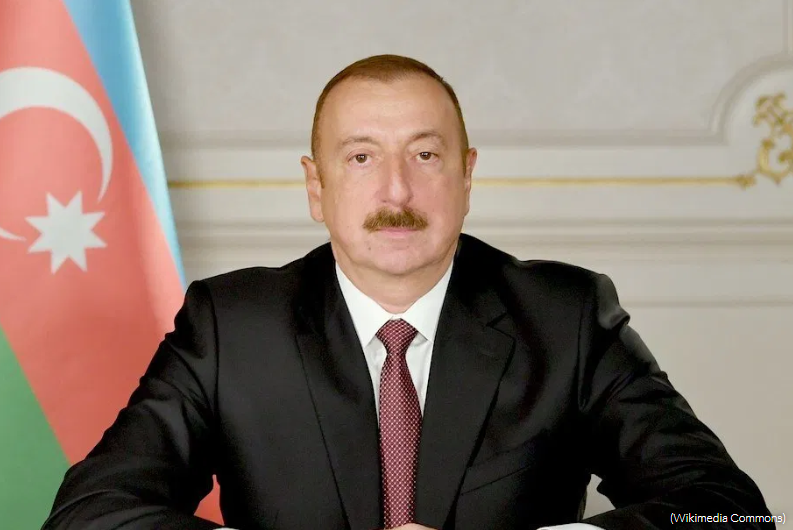There has been no shortage of debate about the killing of Iranian military commander Qassem Suleimani and its effects on U.S. foreign policy toward Iran and the broader Middle East. Not nearly enough has been said about whether it can broadly serve as a model for dealing with the problems posed by proxy forces elsewhere in the world.
By killing Suleimani, the United States indicated it would no longer tolerate Iran’s use of proxies to circumvent its responsibility for killing Americans and for other acts of terrorism and mass bloodshed. Washington decided to deal with the source of the terrorism, not its emissaries. The same principle should apply to the many proxy regimes established by various states—Russia most prominently—to circumvent responsibility for illegal military occupations.



